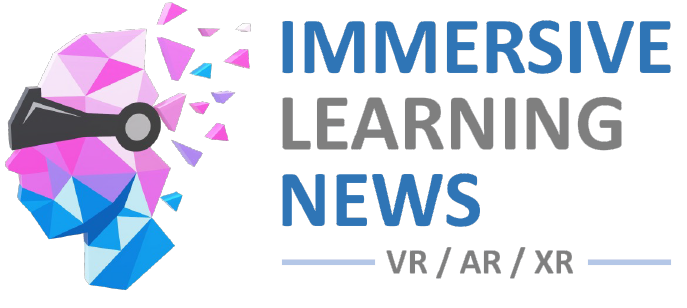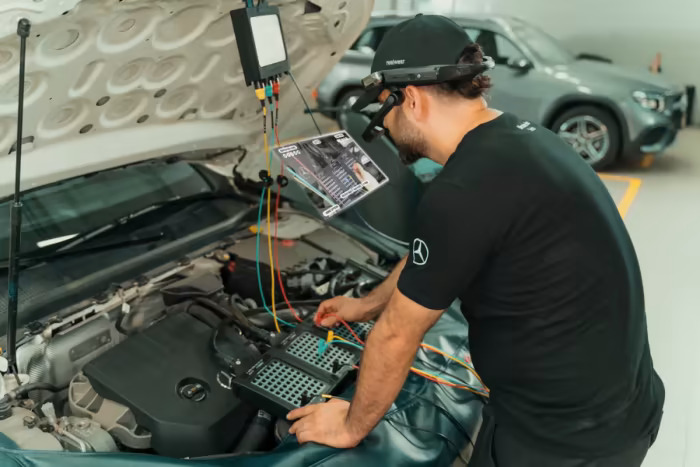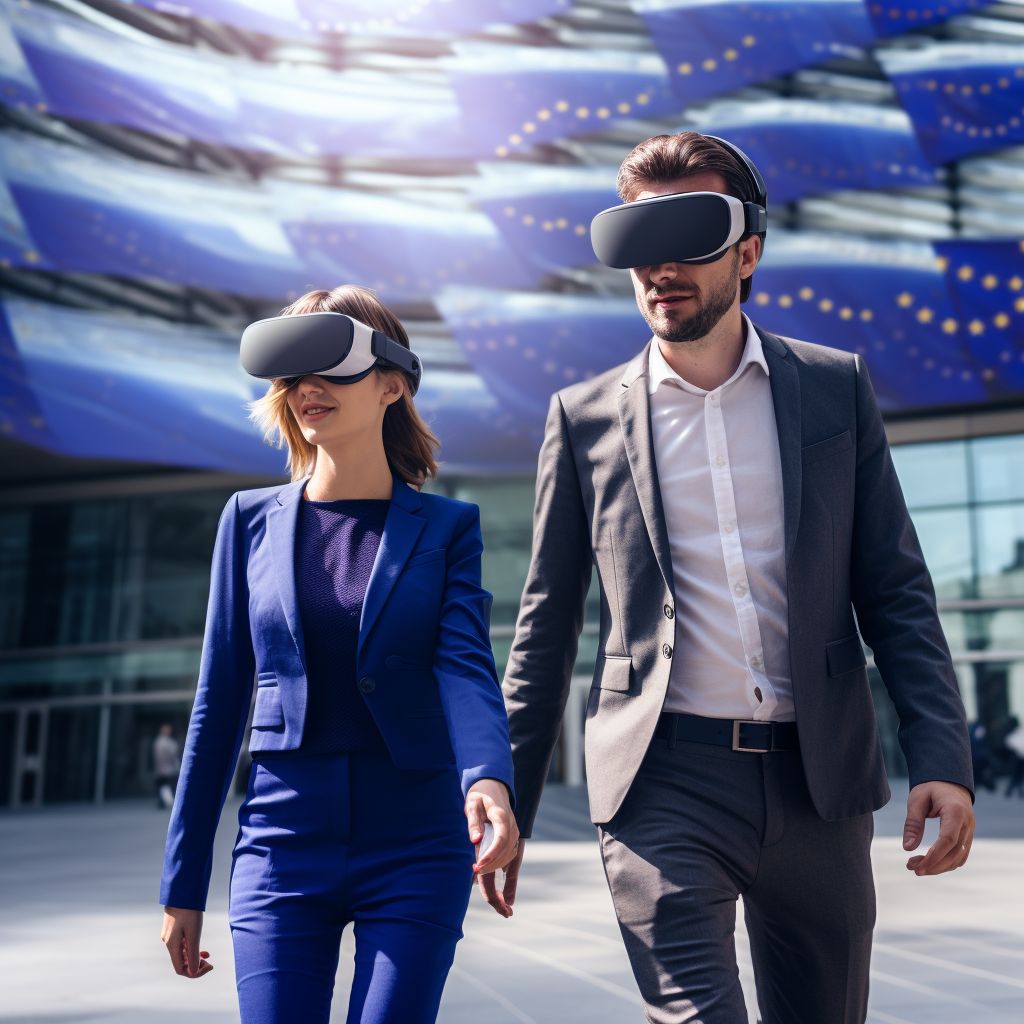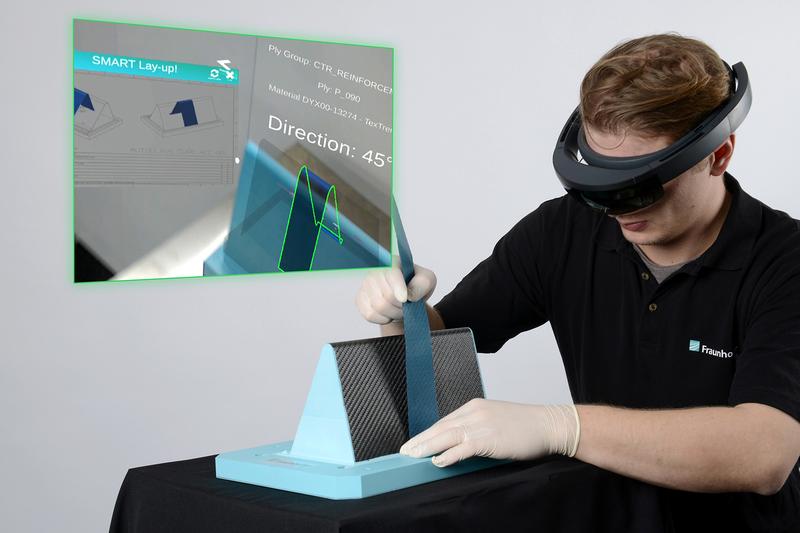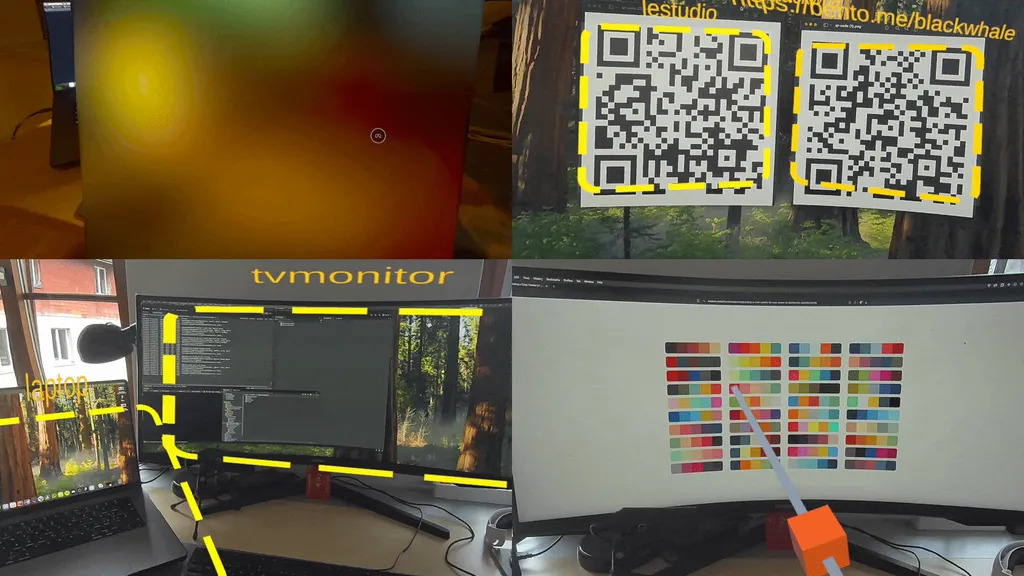RealWear, a provider of assisted reality solutions for frontline industrial workers, has recently announced that Mercedes-Benz Otomotiv, based in Turkey, has selected and deployed RealWear’s rugged HMT-1 wearable devices across all of its 56 authorized service centers.
For Mercedes-Benz, prior to the countrywide deployment of the devices, any issues that could not be resolved required technical support staff to schedule and physically visit dealerships. The process included hundreds of in-person trips, emails, shared photos and videos and over-the-phone collaboration with subject matter experts, costing the firm around USD $100,000 and creating 500 tons of carbon emissions per year.
With more than 240,000 customer vehicles on the road and Mercedes-Benz’ commitment to high levels of service, RealWear stated that the deployment of its technology resulted in positive impacts including cost savings, carbon footprint reduction, improvements in efficiency and worker empowerment.
Prior to countrywide deployment, Mercedes Benz conducted a four-month pilot project in several of its customer service locations. After seeing initial success, Mercedes-Benz Otomotiv quickly scaled the RealWear devices throughout Turkey. The company also developed a remote training program in partnership with Tofnatech, a gold partner and authorized RealWear reseller, and all service center staff were trained on the new processes.
According to RealWear, since initially deploying the technology, Mercedes-Benz Otomotiv anticipates a 25% jump in ROI for on-part training scenarios and up to an expected 80% performance increase in customer service center technical problem resolution where expertise from HQ is required. The company also noted that certain other processes, such as problematic warranty cases and insurance claims have also become more efficient using RealWear’s devices.
“Technologies such as RealWear and Microsoft Teams further increase the service quality and speed of Mercedes-Benz, thus positively affecting our customer satisfaction,” said Celal Tuna, Technical Support Supervisor at Mercedes-Benz Otomotiv.

The RealWear HMT-1 is a ruggedized, voice-enabled heads-up display with noise cancellation – features that are important for when automotive staff are near a busy motorway or construction site. The RealWear HMT-1 also provides the ability for videos and pictures to be taken by the wearer and shared with an expert in real-time for remote assistance functionality. Finally, the form factor of the device and the software that comes with it frees the wearer’s hands for conducting tasks.
The rollout of HMT-1s has enabled Mercedes-Benz Otomotiv to connect experts to staff out in the field via live video calls using Microsoft Teams to settle any issues that dealers are not able to resolve. Mercedes-Benz Otomotiv’s after-sales engineering/support teams can communicate with technicians with ease and can monitor the environment through the technician’s field-of-view and convey real-time instructions.
“We’re delighted to continue to support the automotive industry as they pivot to electric, leveraging our assisted reality technology,” said John Arnold, Vice President of EMEA at RealWear. “Mercedes-Benz Otomotiv has reinvented the way in which it conducts vehicle repair and training in a move that highlights the digital transformation taking place in this industry.”
The introduction of assisted and augmented reality technologies into the automotive space is part of a wider digital transformation that is taking place across the industry, and with the automotive sector shifting toward electric and semi-autonomous vehicles, RealWear stated that it is helping companies like Mercedes-Benz Otomotiv stay ahead of the curve with its deployment of assisted reality wearables.
For more information on RealWear and its assisted reality solutions, click here.
Quelle:
Image credit: RealWear
